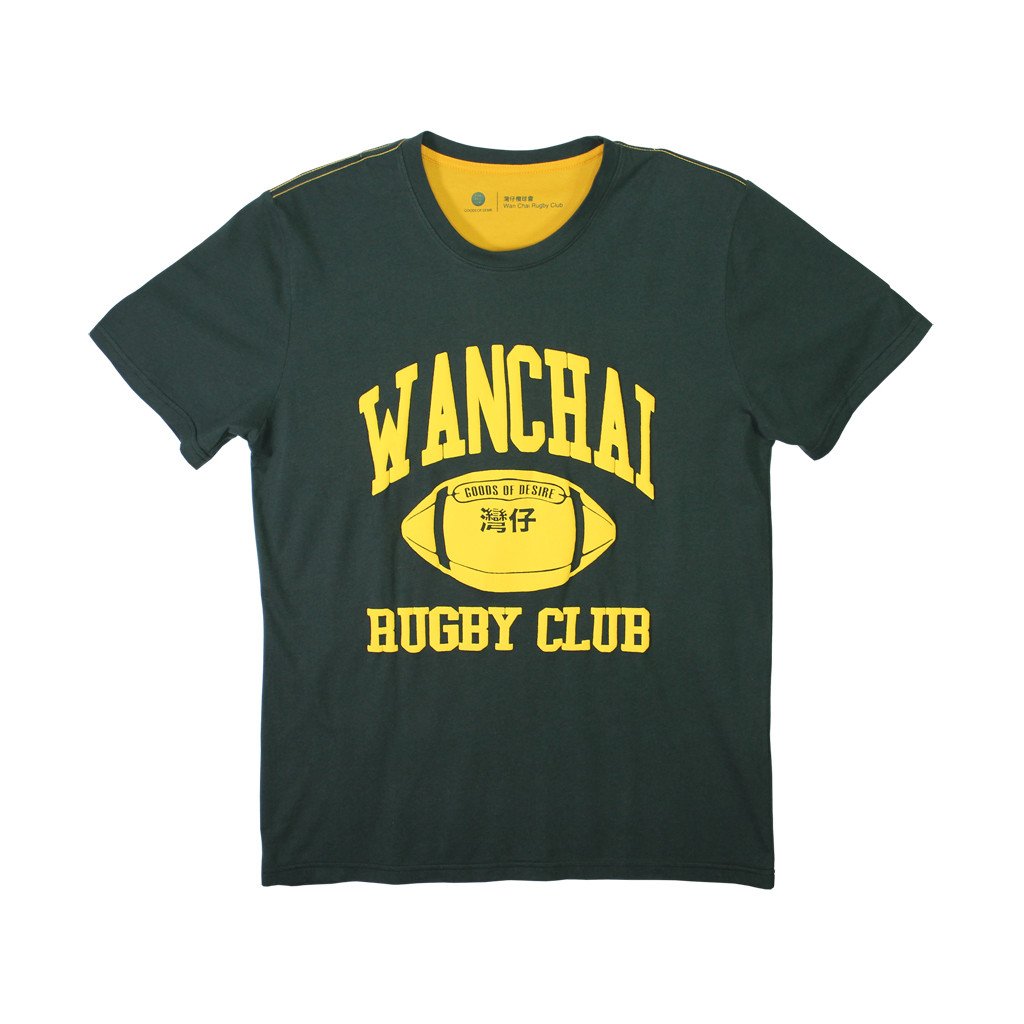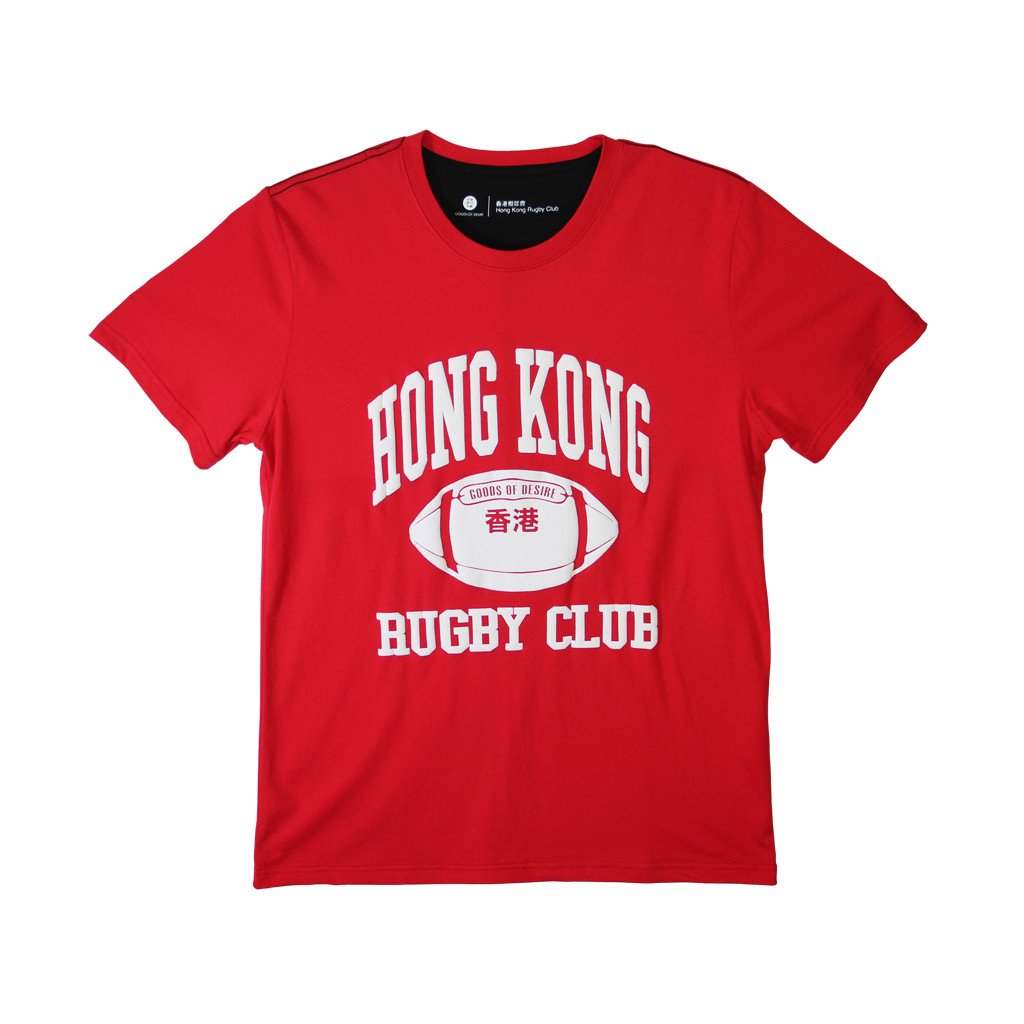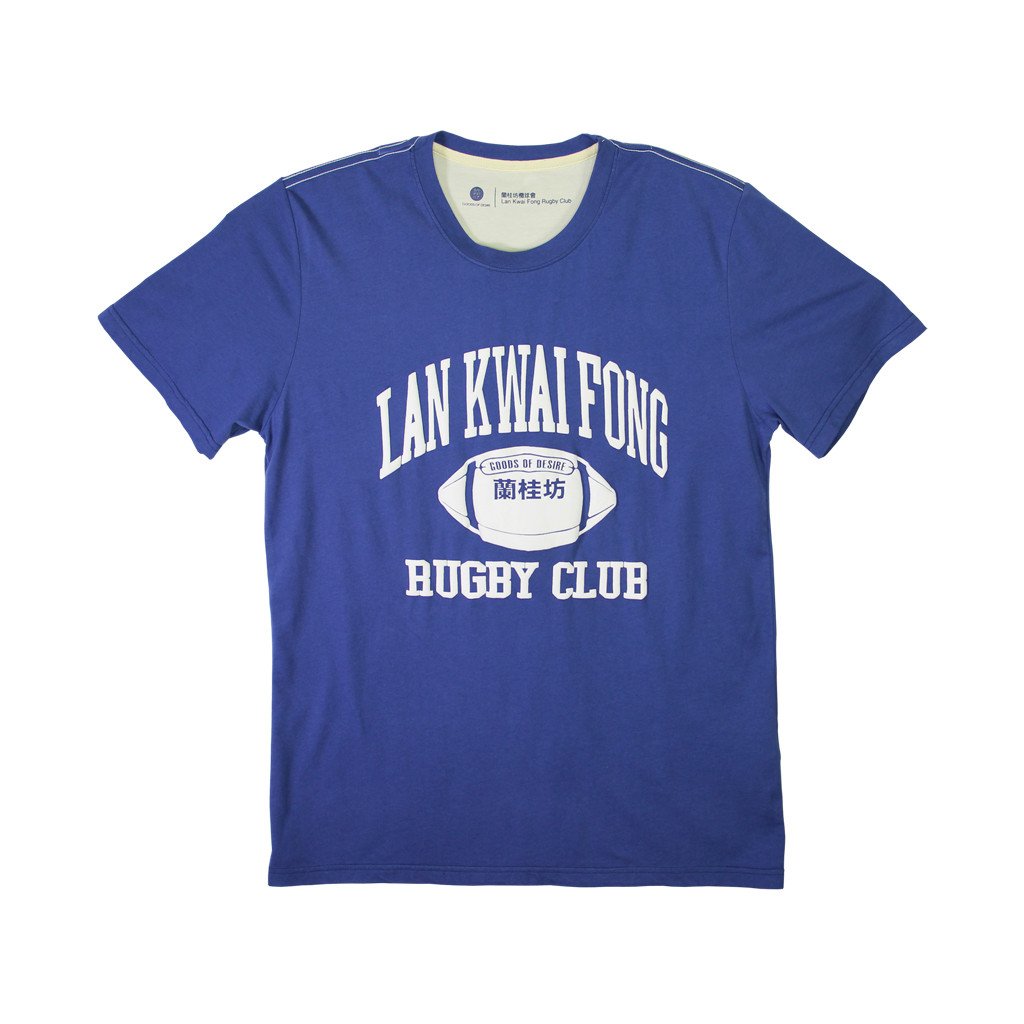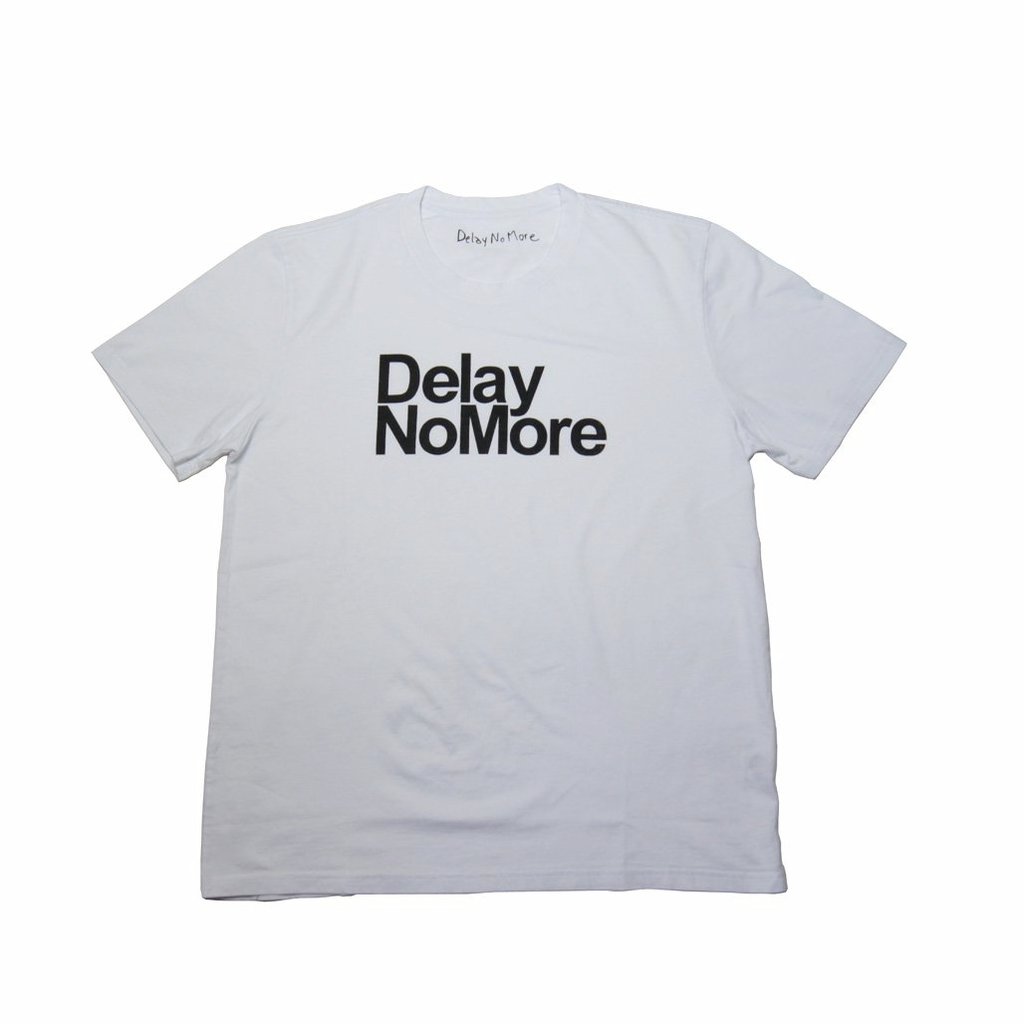The Chinese character, Róng (融), which translates as “to blend” or “to merge” in English, is a great character to describe Chinglish. It began as a joke, a mistake — Cantonese speakers in Hong Kong would try to describe something in English but would end up finishing their thoughts in Cantonese. But Chinglish is actually much more than just a joke or a mistake, its been deeply rooted in Hong Kong culture. The definition of Chinglish is in the name itself, it’s the blending of both the Chinese and English language. Due to the British colonization of Hong Kong, people grew up speaking Cantonese at home and educated in English at school. Not only was this linguistic duality happening in their education, it was happening in their everyday lives: the disc-jockey on the radio would switch between Chinese songs and English songs and they would even celebrate both the Western and Chinese holidays. Chinglish is more than just a language, it’s a lifestyle (Tam, p. 270, 2000). And the creators of the Hong Kong brand, Goods Of Desire, know of that all too well.
Douglas Young and co-founder, Benjamin Lau cleverly used the Chinglish language to conceive the brand name of their fashion and lifestyle company. The abbreviation of the brand is called: G.O.D. and, according to Young, he never intended for the brand to be pronounced as “God.” In an interview from the South China Morning Post — now the oldest English language newspaper in Hong Kong (Wong;p.13;2002) — Young initially conceived of the brand name in Cantonese. The acronym came about when Young came up with the Cantonese name: Jyu Hou Di (住好啲) — it directly translates as “To Live Better.” But the phonetics in its Cantonese name sounded similar to the English letters: G, O, and D and that is how the brand developed its English name.
In addition to drawing inspiration from their beloved city and its culture, they also showcase pride as “Hong Kongers”. Goods Of Desire, or G.O.D., has a line of T-shirts that quite literally exemplify Chinglish. Though their English counterpart of the Cantonese word does not actually translate to an English meaning, their intention is to be humorous — particularly to native Hong Kongers. Their other t-shirt’s mimic the jersey style which has been made popular by many western brand’s like Abercrombie & Fitch. But the original intent of the jersey was to showcase pride or team spirit for their respected athletic team. As for G.O.D.’s line of jersey-inspired t-shirts, they’re designed to represent pride for Hong Kong, its people, and its culture.
Please click through to view their selection of t-shirts:
Citations:
Wong, Wendy Suiyi; Hong Kong Comics: A History of Manhua; Princeton Architectural Press, 2002. pg. 13
Tam, Vivienne; China Chic: A Visual Memoir of Chinese Style and Culture/Vivienne Tam; HarperCollins Publishers Inc., 2000. pg. 270
Zhang, Jing. “Douglas Young of Hong Kong lifestyle store G.O.D. on the places that inspired his designs” South China Morning Post, 7:15PM October 1, 2017.





